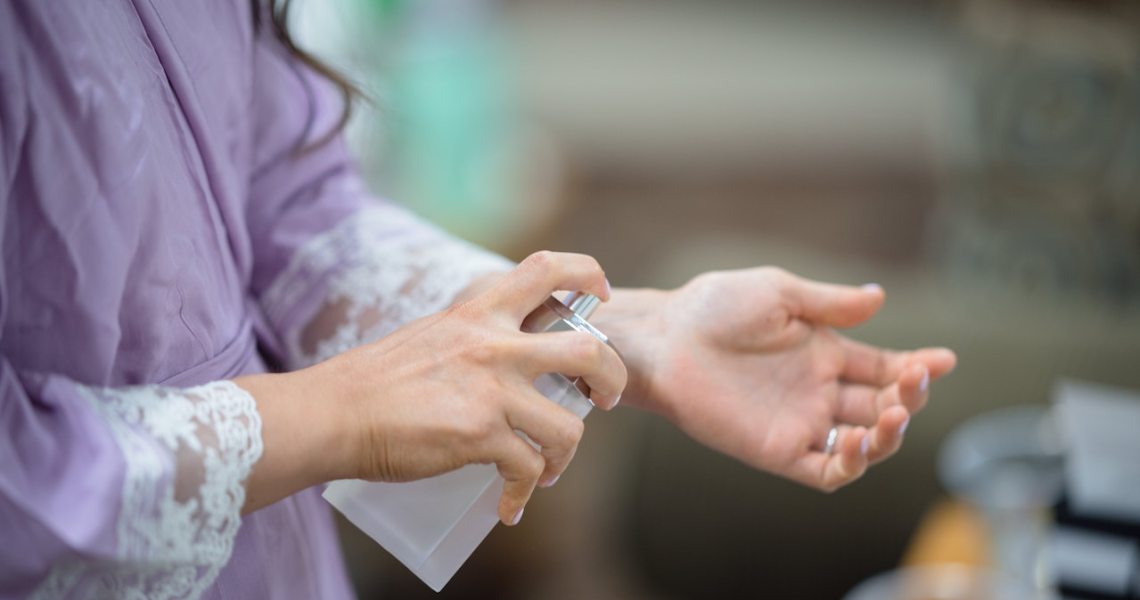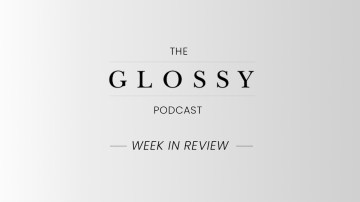When shopping for a beauty product like a fragrance or face oil, consumers now have the option of buying versions boasting mood-elevating and stress-reducing capabilities.
In November, 23-year-old clean beauty brand Osea and ingestible wellness brand The Nue Co. came out with products designed to manage stress. Osea’s Vagus Nerve Oil is a body oil of which, according to the packaging, one should “take a few deep breaths while massaging product into the neck,” in order to regulate stress. The Nue Co. debuted a “functional fragrance” that works as a traditional perfume, plus its packaging prompts claims users can spray it onto their wrists and neck, and inhale and exhale for several seconds to reduce stress. Milèo, a luxury face oil brand, will release its fifth product in February. Instructions tell customers to apply the product and then cup their hands around their nose and mouth to inspire feelings of joy.
“What we are learning here, especially with [anti-anxiety products], is that beauty is not just about your skin,” said Yarden Horowitz, co-founder of consumer trend predictor Spate. “It goes deeper than that and taps into mood, rituals and how [beauty] has an effect on your mental state.”
According to Google search data from the last 12 months, consumer interest in products and ingredients (like CBD and the plant Ashwagandha) promising to relieve anxiety have increased and will continue to grow by 24 percent in the next 12 months. It has widely been reported that the general rise of anxiety in Americans, particularly among young people, is due to social media, the economy and the American obsession with the pursuit of happiness.
While there are preclinical studies to support that scents like bergamot can elevate mood and mitigate symptoms of stress, rigorous clinical evidence around if aromatherapy can assist healthy people with stress reduction is scanter. A 2014 meta-analysis study that looked for randomized control trials determined that there is limited evidence suggesting that aroma inhalation may be effective in controlling stress.
“The data that is available is very heterogeneous,” said Dr. Nicholas Rowan, M.D., assistant professor of otolaryngology at Johns Hopkins Medicine. Stress is also objectively hard to measure, so saying something reduces stress is a misnomer, he said.
“We aren’t talking about a biochemical test; we are talking about a subjective thing.”
But that has not stopped brands from purporting the supposed benefits of aromatherapeutic stress reduction. When Osea launched the Vagus Nerve Oil, it immediately became the brand’s top seller, according to Jenefer Palmer, Osea’s founder and formulator. (The brand declined to provide specific sales data. Palmer said she considers the body oil to be more of a wellness product than a beauty product, because of its function of alleviating tension through the scents of chamomile, jojoba, lavender and juniper. “Because of our spa partners, we’ve been identifying as a wellness and beauty brand, but the Vagus Nerve Oil positions us as more of a wellness company,” she said.
For its part, Milèo, which currently has an e-commerce website and sells at independent boutiques and Osswald spa in New York City, the sensorial aspect of inhaling the scent of its products, which range in price from $200 to $300, acts as an incentive for customers to continue buying them. “If a customer is looking at a couple of options, they will pay a little more for something with added benefits, and it persuades them to make that purchase,” said Matthew Milèo, the founder and formulator of the brand. “It also motivates people to continue using the product. If it works, smells good and imparts [a sensorial effect], they will keep using it.”
The Nue Co., which launched in 2017, added a fragrance category to its business in November and has also seen it become a No. 1 best-seller since launch, said Flo Glendenning, The Nue Co.’s avp of business development. She called its functional fragrance product a “sensory supplement,” explaining that users regard it as anti-stress supplement. The brand is looking to conduct clinical studies on its products this year, to build on the research it carried out with the University of Geneva in October 2018. Glendenning expects the fragrance to be a key driver of growth for the business in 2019. She declined to provide exact sales figures for the product, but said the brand exceeded $1 million in revenue in 2017. It sees around 70 percent of sales from its own e-commerce site, 20 percent from wholesale partners like CAP Beauty and 10 percent from its SoHo retail location.
“We wanted to develop an anti-stress supplement that was utilizing the close link between the olfactory system and your [brain],” she said. “When we think about leading the sensory-supplement category, we think about functionality and efficiency.”




